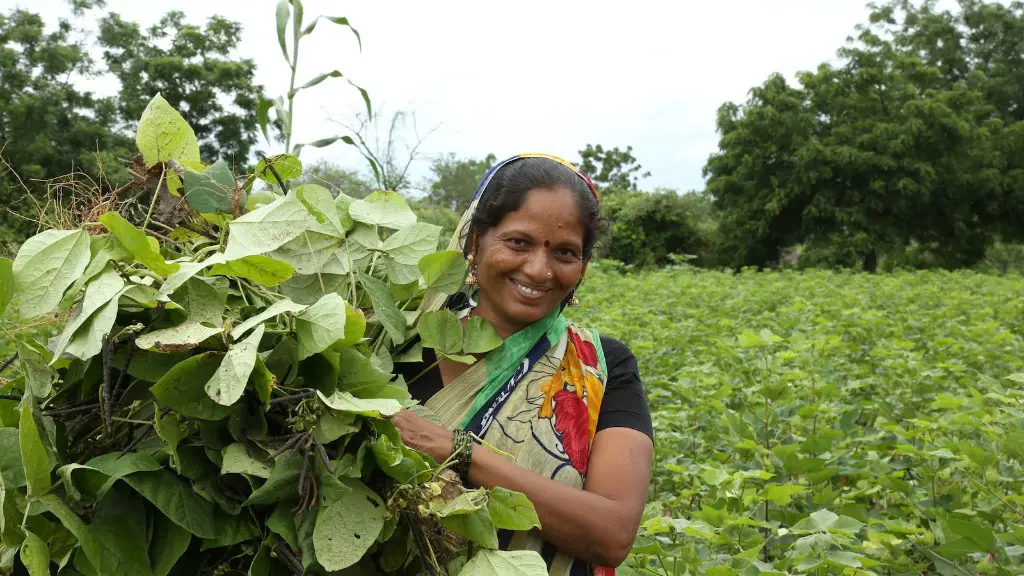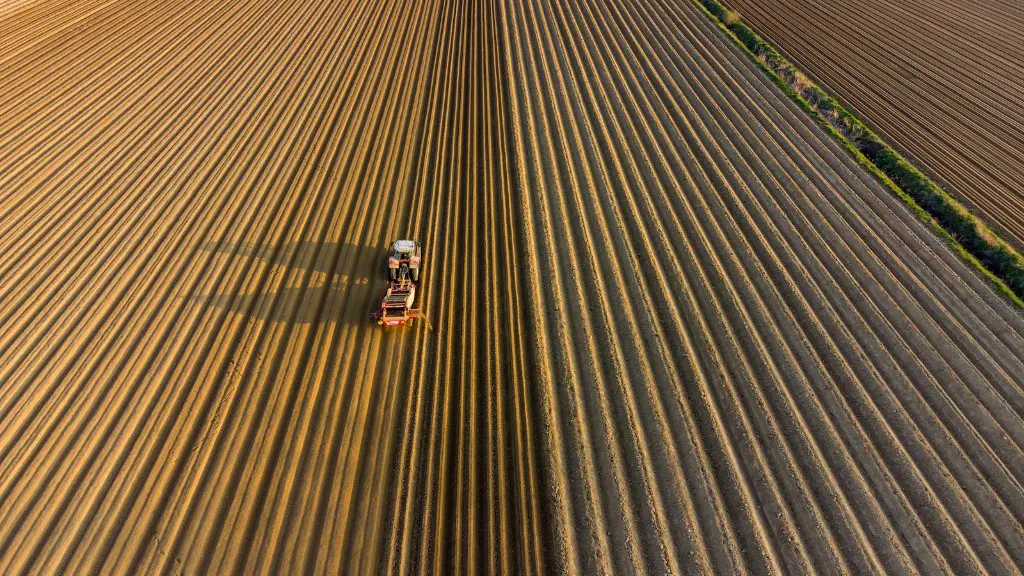Agriculture is the backbone of Ethiopia’s economy, accounting for more than half of the country’s gross domestic product (GDP). It is the main source of employment, with over 80 percent of the population working in the agricultural sector. Ethiopia has an abundance of agricultural resources, including arable land, grazing land, and water resources. As such, agriculture is a major contributor to Ethiopia’s economic development. Here are five reasons why agriculture is the backbone of Ethiopia’s economy.
Increased Employment Opportunities
Agriculture provides increased employment opportunities for Ethiopians, particularly in rural areas. According to the World Bank, over 80 percent of Ethiopia’s population is employed in the agricultural sector, making it the largest employment sector in the country. In addition, the sector contributes over half of Ethiopia’s total GDP. The agricultural sector is essential for providing employment and generating income for the country.
Efficient Use of Resources
Agriculture in Ethiopia is highly efficient in terms of resource usage and utilization. Ethiopia has an abundance of natural resources, such as arable land, grazing land, and water resources. These resources are utilized in the most efficient way to produce the highest yields and increases in productivity. This has enabled the agricultural sector to make the most of the country’s resources and contribute significantly to Ethiopia’s economic growth.
Expanding Markets
Agriculture has helped Ethiopia to expand its markets, both domestically and internationally. Ethiopia has recently seen an increase in export of agricultural products, such as coffee, oilseeds, and grains. This is due to the growing demand for these products in international markets, as well as the strengthening of the domestic market. The diversification of Ethiopia’s markets has been a major contributor to the country’s economic development.
Improved Technology
Agriculture in Ethiopia has been heavily invested in in recent years, with the government introducing a number of technology-driven initiatives to increase yields and productivity. This has included the introduction of modern irrigation systems, improved seed varieties, the use of pesticides and other chemicals, and better post-harvest storage facilities. These advances have drastically improved Ethiopia’s agricultural output and contributed to the country’s overall economic development.
Food Security
Agriculture is vital for Ethiopia’s food security. Ethiopia is a highly food-insecure country, and agricultural production is essential for providing enough food to meet the country’s needs. Ethiopia’s agricultural sector is responsible for producing staple crops such as wheat, maize, and sorghum, which are essential for the population’s nutrition and well-being. By producing these crops, the agricultural sector is providing essential food security to the country.
Support for Smallholder Farmers
Agriculture has enabled Ethiopia to support and empower its smallholder farmers. Smallholder farmers are important for the country’s agricultural production, as they make up the majority of the population and are responsible for producing the majority of Ethiopia’s crops. The government has introduced a number of initiatives to support smallholder farmers. This includes subsidized inputs, access to credit and other financial services, and the introduction of market linkages. By supporting smallholder farmers, Ethiopia is able to increase food production and strengthen its agricultural sector.
Improving Infrastructure
Agriculture has also enabled Ethiopia to improve its infrastructure. Without the income generated by the agricultural sector, Ethiopia would struggle to develop its transportation, communication and energy infrastructure. Investment in infrastructure is essential for economic growth, and agricultural income is crucial for Ethiopia’s infrastructure development.



